Speaking at Penn's 2018 "Teach-In," APPC research director Dan Romer discussed the connections between the entertainment and news media and gun violence, and the effects on young people.
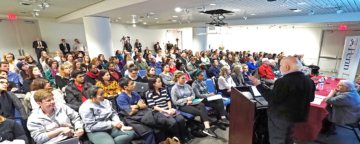

Speaking at Penn's 2018 "Teach-In," APPC research director Dan Romer discussed the connections between the entertainment and news media and gun violence, and the effects on young people.
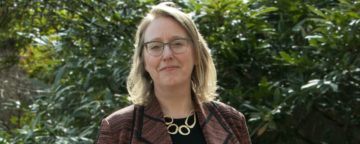
Ellen Peters, a psychology professor at the Ohio State University who specializes in decision making and innumeracy, has returned this spring to Penn, where she studied as an undergraduate.
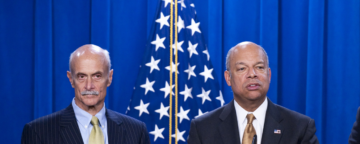
With the U.S. challenged by such threats as cyberwarfare and election hacking, former heads of Homeland Security pressed Congress to streamline DHS oversight. An APPC-linked task force had recommended the reform.
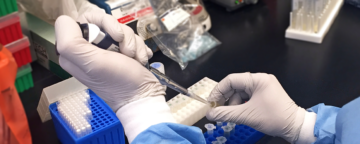
People’s willingness to use a Zika vaccine when it’s available will be influenced by how they weigh the risks associated with the disease and the vaccine, but also by their misconceptions about other vaccines, a new study has found.
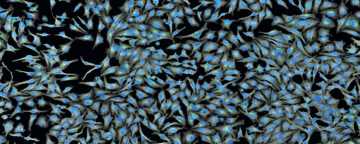
An analysis in PNAS of how the media cover science considers whether scientific self-correction is contributing to a flawed narrative and inadvertently undermining public trust in science.

Scholars, editors, and scientists at a National Academy of Sciences-Sunnylands-APPC retreat proposed uniform standards and greater transparency to clarify the roles of authors across different journals, fields, and cultures.

San Antonio Mayor Ron Nirenberg, a former policy center program director and a graduate of the Annenberg School for Communication, will talk about civic engagement at his alma mater.

An analysis of Twitter posts during the Zika outbreak in 2016 shows a correlation between Twitter topics and the results of nationwide U.S. surveys, according to researchers at APPC and the University of Illinois.
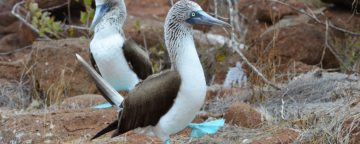
Research from two APPC distinguished research fellows shows that Americans' understanding of evolution - as well as their politics and/or religion - is tied to their acceptance or rejection of it.
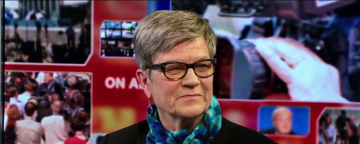
Kathleen Hall Jamieson has been named the 2018 recipient of the Everett M. Rogers Award by the University of Southern California's Annenberg School for Communication and Journalism.